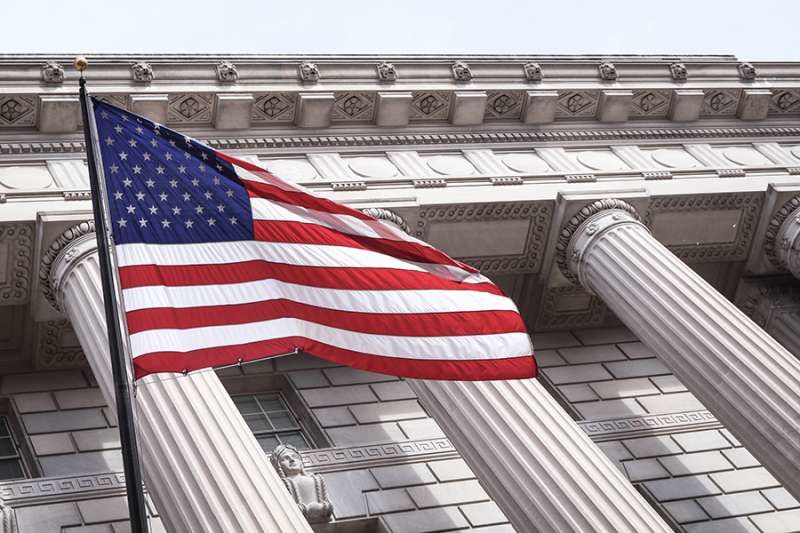Although the Deferred Action Childhood Arrivals (DACA) protections did not expire on March 5, the passage of the original deadline has highlighted the uncertain fate of more than half a million Dreamers.
DACA is an Obama-era program created by executive order that offered work permits and temporary protection from deportation to people who were brought illegally to the United States as children and who registered with the program, known as Dreamers.
In September 2017, President Donald Trump sought to end the program, and gave Congress a six-month period to codify parts of DACA into law. March 5 was named as the end date for the original program. However, Congress failed to pass any legislation relating to immigration reform during this time.
Two federal judges blocked the March 5 expiration date for DACA, and the Supreme Court declined to hear an immediate review from the Trump administration protesting this decision, effectively punting the DACA issue to the fall.
Despite moving to end the program, Trump administration officials have said that they will not seek to target DACA recipients for deportation if the program expires. President Donald Trump has suggested an immigration reform plan that would tie DACA provisions to increased legal immigration restrictions and border security measures, including the building of a border wall. This plan, criticized by Senate Democrats, was not passed.
Without a firm deadline to codify DACA into law, it is unclear what will happen to the program. CNN suggested that lawmakers may try to pass legislation on the issue by March 23, the next government funding deadline, but sources involved in the process said that an agreement was unlikely. In January, the government shut down for nearly three days over the immigration issue.
In recent months, demonstrations in support of DACA recipients have taken place across the country.
Last week, 40 people were arrested as an act of civil disobedience at a Catholic-led DACA protest in a Senate office building. One of the arrested said she was aiming to “raise the consciousness of our legislators” and their inaction on immigration reform.
Archbishop Jose. H. Gomez of Los Angeles, vice-president of the USCCB, has in the past been critical of efforts to tie immigration reform with border security, saying last month that it is “cruel” to use DACA recipients as “bargaining chips.”
“[T]his is no way for a great nation to make policy on such a crucial area as immigration,” he said.
The U.S. bishops had encouraged a National Call-in Day for Dreamers last month, encouraging the faithful to contact lawmakers and ask them to protect DACA recipients.
Bishop Joe Vásquez of Austin, chairman of the U.S. bishops’ migration committee, said that the faithful who participated in the call-in day “recognize that protecting these young people from deportation is an issue of human life and dignity, and that a legislative solution is necessary to make that protection durable.”
“My brother Bishops and I continue to call upon Congress to work towards a bipartisan and humane solution as soon as possible,” he said.
Interested in more? Subscribe to Angelus News to get daily articles sent to your inbox.

